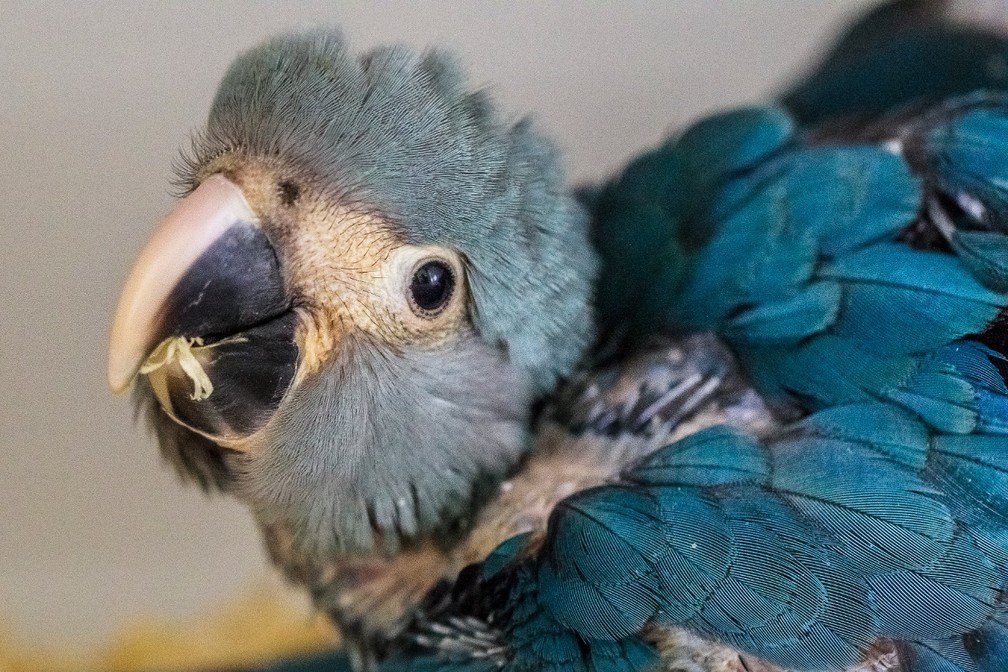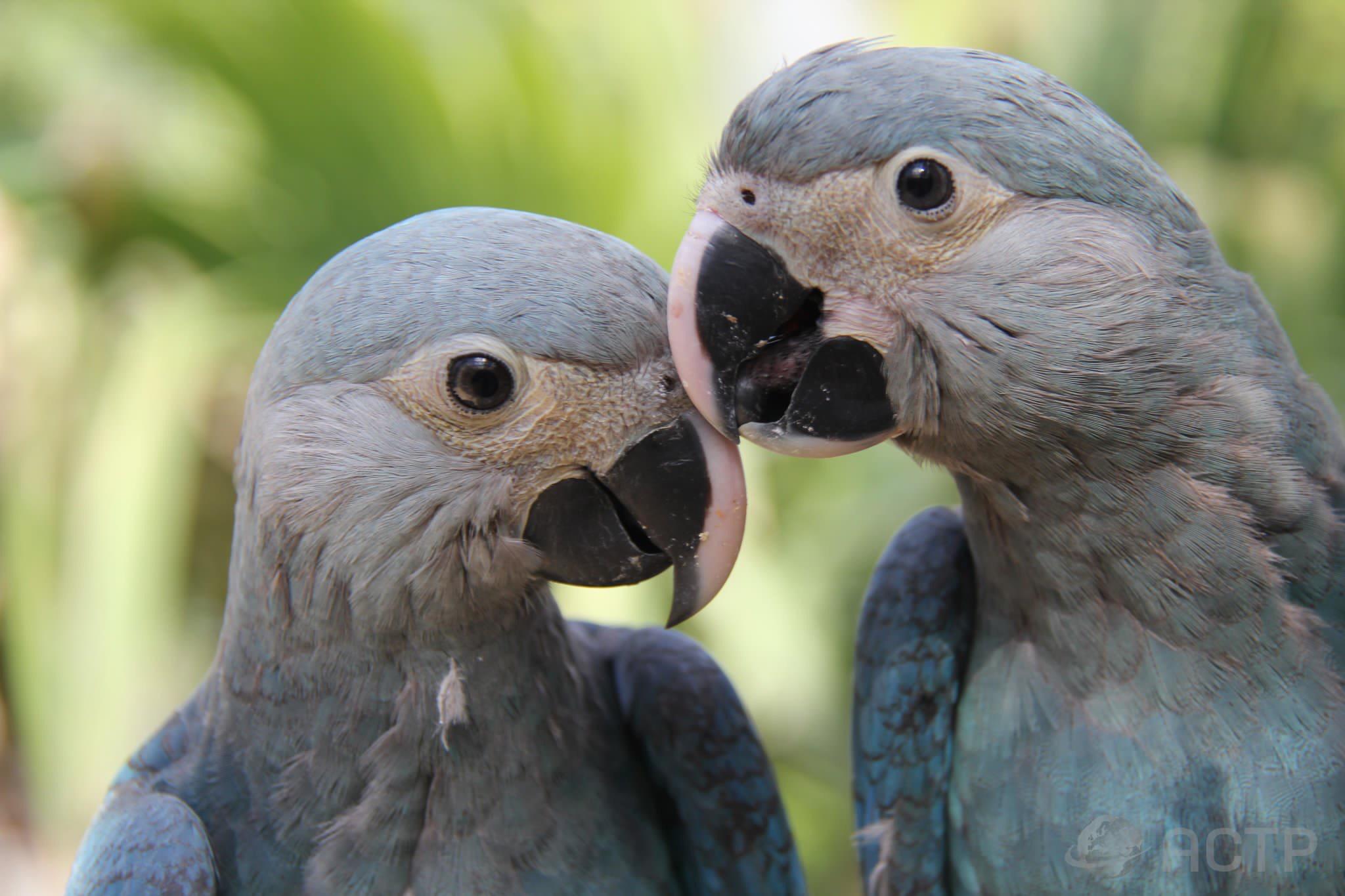By Richard Mann
RIO DE JANEIRO, BRAZIL – In the week commemorating World Environment Day, fifty Spix’s macaws — a species extinct in nature — were granted a permit to “come home”. Originally from the Brazilian scrub forest — the caatinga — the birds are in legal captivity in Germany.

On Friday, June 7th, the Chico Mendes Institute of Biodiversity (ICMBio) and the German NGO Association for the Conservation of Threatened Parrots (ACTP), signed an agreement to return the birds to Brazil in November.
“Spix’s macaws are hard to reproduce. This will be the first time that wild birds will be reintroduced into nature without existing specimens in the wild,” ICMBio environmental analyst Camile Lugarini explains.
The species is endangered, and there are only 166 specimens in the world, according to the Ministry of the Environment. In Brazil, thirteen of them — two offspring born last week — live in a reserve in Minas Gerais. The remainder is located in Germany (147), Belgium (4) and Singapore (2).
The 50 birds returning from Germany will go to the Refúgio de Vida Silvestre da Ararinha-Azul — the Blue Macaw Wild Sanctuary — a conservation area founded last year in Curaçá, in the interior of Bahia.
There they will go through quarantine, undergo clinical examinations and have their health assessed, live with other birds and, after adapting with Brazilian fauna, at least fifteen of them will be released and monitored in the wild, for the rest of their lives. The remainder will be held in captivity to assist in reproduction.
In the 1960s to 1980s, the Spix’s macaws aroused the interest of breeders and began to go extinct. Hunting and trafficking of the species became a crime, but by the year 2000 it was too late, and there were only seven birds left.

During this period, the Brazilian government, in collaboration with international organizations, took on the responsibility of preserving the species and, from genetic crossbreeding, the population increased to 53 animals and, today, environmentalists celebrate the existence of 166.
For Camile, in addition to animal trafficking, deforestation of the caatinga — the species’ natural habitat — contributed to extinction. “The macaw, which was already rare, lost a large part of its habitat due to productive activities in the region (burning, removal of firewood and deforestation),” she explains.
According to the environmentalist, the further problem is that some couples of these birds could not reproduce. “The big issue was that only 10 percent of the eggs were hatching, which means that genetically, most couples were incompatible,” she says.

